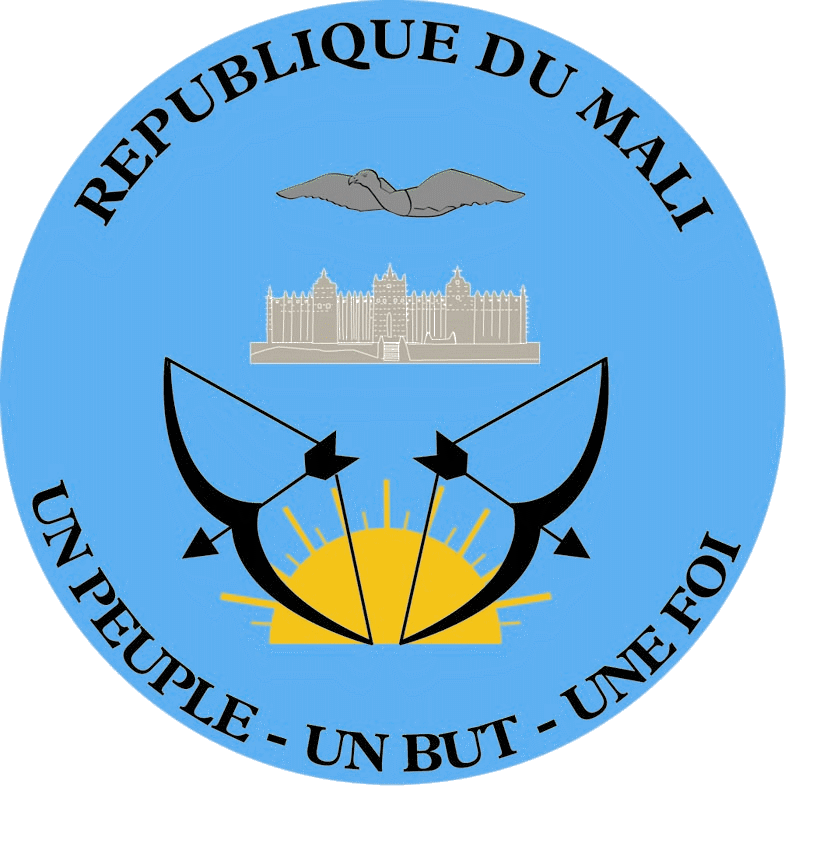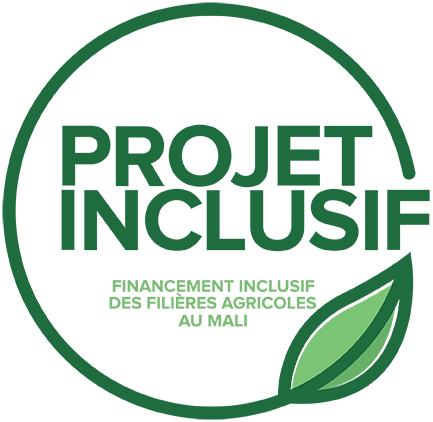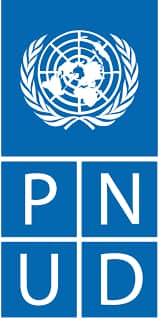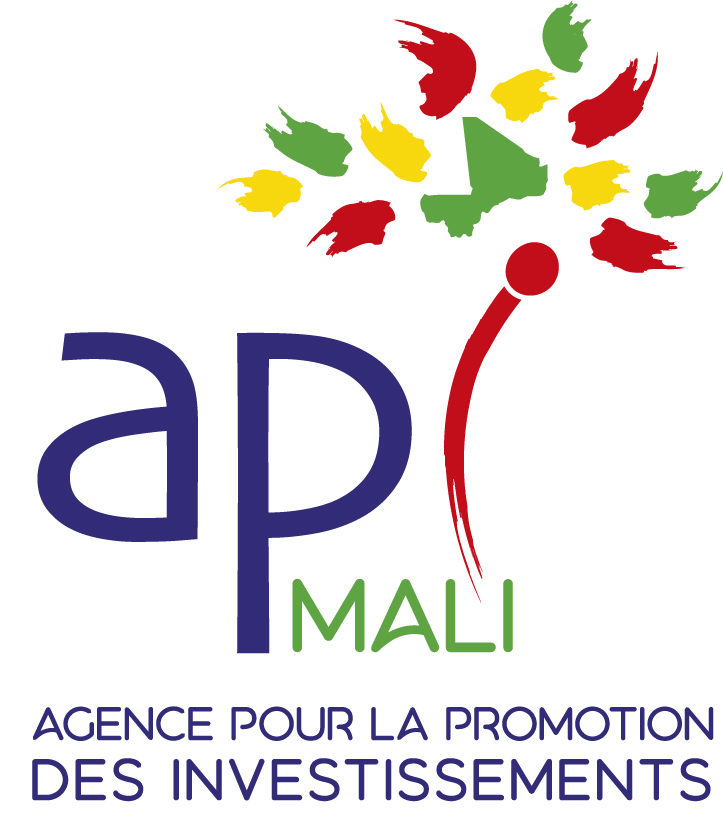The Mango

Mali is a major player in the production and global export of mangoes with an estimated annual production, in 2018, 2019 and 2020, respectively at 76,453 tonnes, 77,685 tonnes and 79,794 tonnes of mangoes and an annual export of 22,276 tonnes, 31,277 tonnes and 22,011 tonnes. Mali has more than thirty years of mango export experience and has professional exporters grouped into associations, federations and EIGs operating in the fields of fruit and vegetable exports, concentrating on mangoes. The main export market for Mali is Europe.
In Mali, there are around 87 varieties of mangoes, of which only a few, in sufficient quantity, are exportable to international markets. Mango production season begins very early in March with early varieties (i.e., Zill, Irwin), continuing until August with semi-late varieties (i.e., Amélie, Valencia, Haden) and late varieties (i.e., Kent, Keitt). All varieties have very high production potentials, supported by good climatic conditions. Malian mangoes have the following qulaities:
In Mali, there are around 87 varieties of mangoes, of which only a few, in sufficient quantity, are exportable to international markets. Mango production season begins very early in March with early varieties (i.e., Zill, Irwin), continuing until August with semi-late varieties (i.e., Amélie, Valencia, Haden) and late varieties (i.e., Kent, Keitt). All varieties have very high production potentials, supported by good climatic conditions. Malian mangoes have the following qulaities:
NB :
Amélie : Delicious, tender flesh without fibre, which makes it very popular..
Zill : : Non-fibrous and resistant to transport.
Keitt : Firm with fine fibres; displays a sweet flavor and has medium resistance to transport.
Aden :Not very fibrous; oval shaped, yellow orange flesh with pleasant taste and a little acidic; fragile and requires rapid transport to market.
Tony Atkins : Slightly fibrous orange yellow flesh; good quality and resistant to transport; robust and resistant to anthracnose.
Kent : : Devoid of fiber; has a sweet, juicy flesh; resistant to transport and much appreciated by buyers.
Amélie : Delicious, tender flesh without fibre, which makes it very popular..
Zill : : Non-fibrous and resistant to transport.
Keitt : Firm with fine fibres; displays a sweet flavor and has medium resistance to transport.
Aden :Not very fibrous; oval shaped, yellow orange flesh with pleasant taste and a little acidic; fragile and requires rapid transport to market.
Tony Atkins : Slightly fibrous orange yellow flesh; good quality and resistant to transport; robust and resistant to anthracnose.
Kent : : Devoid of fiber; has a sweet, juicy flesh; resistant to transport and much appreciated by buyers.
Dried mangoes of certain varieties (i.e., Kent, Keitt, Amélie) with a strong sweet flavor, supple and much closer to the taste of fresh mangoes from Mali are much superior to those of competitors. They are produced by women's groups from craft units and agrifood industries (KENE YIRIDEN).
Mangoes of Malian origin are characterized by their very delicious taste linked to the climate and the nature of the soil. Its flesh is juicy and contains very little fibre, creamy, exotic with exceptional flavor and fragrance. It is available in very large quantities at a very advantageous, and competitive price, with the possibility of forward or commission sales.
Mali offers conventional mangoes, Global Gap certified, and organic. The climate and the nature of the Malian soil give its mangoes a very beautiful exterior coloring (red, yellow and green) and very fleshy fruit. For the export, calibration standards and packaging methods used, Malian mangoes are recognized as a benchmark product of excellent quality.
Mangoes of Malian origin are available in different forms of packaging and sizing (6, 8, 9, 10,12), and can withstand transport thanks to the presence of packaging stations adapted to international standards (i.e., boxes of 4kg, one degree of maturity more or less high depending on whether they are intended for air freight or shipping).
The top six (6) importers of Malian mangoes are the Netherlands, France, Germany, United Kingdom, Belgium, and Spain. Exports are generally made by sea from the port of Abidjan, Senegal or by air and road to serve the sub-region and more recently Spain.
Several experienced, motivated and dynamic stakeholders (producers and exporters) operate in fruit and vegetable exports, or lead the sector from production to marketing standpoints to help importers achieve their targets. These stakeholders. create jobs and provide income to thousands of people, and are open to collaboration.
Mangoes of Malian origin are characterized by their very delicious taste linked to the climate and the nature of the soil. Its flesh is juicy and contains very little fibre, creamy, exotic with exceptional flavor and fragrance. It is available in very large quantities at a very advantageous, and competitive price, with the possibility of forward or commission sales.
Mali offers conventional mangoes, Global Gap certified, and organic. The climate and the nature of the Malian soil give its mangoes a very beautiful exterior coloring (red, yellow and green) and very fleshy fruit. For the export, calibration standards and packaging methods used, Malian mangoes are recognized as a benchmark product of excellent quality.
Mangoes of Malian origin are available in different forms of packaging and sizing (6, 8, 9, 10,12), and can withstand transport thanks to the presence of packaging stations adapted to international standards (i.e., boxes of 4kg, one degree of maturity more or less high depending on whether they are intended for air freight or shipping).
The top six (6) importers of Malian mangoes are the Netherlands, France, Germany, United Kingdom, Belgium, and Spain. Exports are generally made by sea from the port of Abidjan, Senegal or by air and road to serve the sub-region and more recently Spain.
Several experienced, motivated and dynamic stakeholders (producers and exporters) operate in fruit and vegetable exports, or lead the sector from production to marketing standpoints to help importers achieve their targets. These stakeholders. create jobs and provide income to thousands of people, and are open to collaboration.
Mango sector support project and program
food and agriculture organizations of the United Nations in Mali (FAO-MALI)
Mali is rich in natural resources and the biophysical conditions are favorable for agriculture. The rural sector relies on traditional knowledge and know-how, a dynamic ecosystem of actors with more than 15,000 agricultural organizations, agro-industrial operators and business development service providers.
However, the agricultural sector suffers from: limited investments in upgrading the value chain to improve performance and competitiveness; high vulnerability to climatic hazards and environmental factors. Changes in rainfall and temperature have increased pressure on natural resources and have had negative effects on agricultural production and contributed to tensions and insecurity within and between communities. Climate change is proving to be an important factor in the dynamics of security in Mali and requires decisive and integrated action including the integration of gender and youth.
The Government of Mali promotes the development of Agropoles as modern farms for the production, processing and marketing of agricultural products. Main dans la Main (MdM) in Mali intends to work with the Government and its partners to support an integrated approach to the development of Agropoles, by strengthening their impact on poverty, sustainability and inclusion which contribute to the stabilization and development process. economic empowerment of Mali.
Hand in Hand support combines:
The Government of Mali promotes the development of Agropoles as modern farms for the production, processing and marketing of agricultural products. Main dans la Main (MdM) in Mali intends to work with the Government and its partners to support an integrated approach to the development of Agropoles, by strengthening their impact on poverty, sustainability and inclusion which contribute to the stabilization and development process. economic empowerment of Mali.
Hand in Hand support combines:
- the inclusion of women and young people in Agropoles, and the strengthening of their agro-entrepreneurship and equity to improve their competitiveness and marketing;
- strengthening the resilience of smallholders to climate change (in connection with the Great Green Wall for the Sahel initiative, PRP-AGIR) and facilitating agro-ecological transition (e.g. land restoration, management water);
- facilitation of the digitization process of selected value chains.
Presentation of FAO's Hand in Hand Project Representation in Mali

Support for the Interprofession de la Filière Mangue (IFM) in Mali

Reinforced Integrated Framework Mali (CIR-MALI)
Capacity building in the Mango sector
- Support for improving the quality of mangoes: phytosanitary treatment of mango orchards against fruit flies and other pests from 2013 to 2015: 10,000ha treated twice a year;
- Acquisition of phytosanitary treatment equipment and materials at the Interprofession de la Filière Mangue (IFM Mali): 200 atomizers, 2800 manual backpack sprayers and 1850 personal protective equipment;
- Training and sensitization of actors in the mango sector through sketches on methods of controlling fruit flies and other pests;
- Training and sensitization of 200 mango producers on the techniques of phytosanitary treatment of orchards, Good Agricultural Practices, knowledge of fruit flies, the Guide to self-monitoring in production (Bamako, Koulikoro and Sikasso);
- Support for GLOBALGAP certification (Global standard on Good Agricultural Practices): 17 exporting companies supported have obtained their certificates and 10 internal auditors and quality managers were trained,
- Support for the BIO certification of:
- KENE YIRIDEN in Sikasso (dried mango): obtaining organic certification American
- Yanfolila Fruit Processing Unit (mango jams).
- Provision of 6,600 harvest boxes for the benefit of industry players mango.
- Support for commercial events as part of the market development: SECO, FEBAK, SIAGRI, SIA de Paris, SIAL de Paris, Fruit Logistica in Berlin, etc.
- This support contributed to the increase in the volume of mango exports to through the maintenance of orchards and capacity building for stakeholders mango sector: 2,915 tonnes in 2005 to 28,983.60 tonnes in 2017 with a peak in 2016 of 43,845.19 tonnes exported. Exports have paid off for the Malian economy more than 8 billion FCFA in 2017
- Name: Mr. Dansinè COULIBALY
Occupied position : National Coordinator of the Reinforced Integrated Framework (CIR - MALI)
CIR-MALI website: https://www.cirmali.org/


Inclusive Project
The INCLUSIVE project, co-funded by IFAD and the Kingdom of Denmark, is scaling up Acquired from the IFAD-funded Rural Microfinance Program (PMR) and the Private Sector-Stimulated Economic Growth and Employment Promotion Program (PACEPEP) funded by Denmark. Its vision is to promote a sustainable transformation of agricultural sectors by improving financial inclusion and economic partnership between actors from poor groups, including women and young people, and their organizations, to small and medium-sized agricultural enterprises and agro-food.
Name: Dramane SIDIBE
Position Occupied: Director of the INCLUSIVE Project
Inclusive Project Website: http://inclusifmali.org/
Position Occupied: Director of the INCLUSIVE Project
Inclusive Project Website: http://inclusifmali.org/


African Women’s Entrepreneurship Program or African Women Entrepreneurs Program (AWEP)
Is an autonomous group of people willingly united to meet their common economic, social and cultural aspirations and needs , by means of a company whose ownership and management are collective and where power is exercised democratically and according to the cooperative principles governed by these statutes, based on the principles of union, solidarity and mutual assistance for good -economic and social being of its members; created in accordance with the relative uniform act of OHADA (the Organization for the Harmonization in Africa of Business Law) on cooperative societies adopted on December 15, 2010 in Lomé in the Republic of Togo.
The duration of the AWEP-MALI Center of the cooperative society with board of directors "C. AWEP-MALI-COOP-CA" is 99 years from its registration in the register of cooperative societies of the local social development service and the solidarity economy of the municipality II except extension or early dissolution.
The AWEP-MALI Center of the cooperative society with board of directors "C. AWEP-MALI-COOP-CA" aims to:
The duration of the AWEP-MALI Center of the cooperative society with board of directors "C. AWEP-MALI-COOP-CA" is 99 years from its registration in the register of cooperative societies of the local social development service and the solidarity economy of the municipality II except extension or early dissolution.
The AWEP-MALI Center of the cooperative society with board of directors "C. AWEP-MALI-COOP-CA" aims to:
- Promote income-generating activities (market gardening, processing of local products, fattening, cereal bank, etc.)
- Promote all socio-economic and cultural development actions of women;
- Develop solidarity between women;
- Defend the rights and interests of women with public authorities and institutions;
- Promote the import-export of women's products;
- Equip with agro-pastoral equipment and useful for women;
- Create the Center for socio-economic reintegration;
- Promote hygiene, sanitation and health activities;
- Seek funding for women's projects and businesses;
- Promote good governance;
- Promote employment;
- Marketing local processed products;
- Promote partnership;
- Participate in national and international fairs;
- Develop the cooperative spirit of members.


National Federation of Transformers of Agri-Food Products of Mali (FENATRA)
The National Federation of Transformers of Agri-Food Products of Mali (FENATRA) is an apolitical, non-denominational association and non-profit.
The Constitutive General Assembly of June 8 and 9, 2005, consecrates the creation of FENATRA.
It is officially recognized under the receipt N ° 0475 / G-DB of September 09, 2005.
It was born from the CILSS - CTA partnership, in order to ensure the continuity of the actions of the Relais National PROCELOS (Regional Project for the Promotion of Local Products of the Sahel).
FENATRA has around 5,000 members organized and grouped within 600 associations, cooperatives, GIEs, SARLs and Individual Enterprises.
FENATRA has relay structures in the district of Bamako, and the 08 Regions of Mali.
SECTORS CONCERNED
The following ongoing and future projects:
SECTORS CONCERNED
- the cereals and legumes sector
- the fruit and vegetable sector
- the oilseed sector
- the livestock, milk and meat sector
- the fishing and beekeeping products sector.
The following ongoing and future projects:
- Strengthening FENATRA structures at regional level
- The constitution of a database of operators in the agrifood sector
- The creation of a food packaging purchasing center
- The development, in relation to the structures
- specialized standards for local processed products
- The development of all types of partnerships.
















